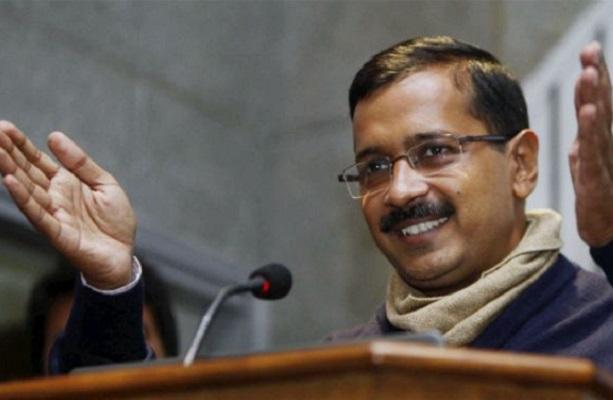
Fresh off the uproar caused by Brexit last week, Delhi Chief Minister Arvind Kejriwal set off a minor tremor with the announcement that the national capital would soon have a referendum on the question of full statehood. One of the campaign promises made by Kejriwal and the AAP, the call for a referendum on Delhi’s statehood is unlikely to disappear.
It isn’t just Kejriwal who wants to use referendum as a tool to direct government action on key issues. IN Kerala for instance, politicians have called for a referendum over prohibition and the Sabarimala issue.
Constitutional experts point out that there is no provision for conducting referendums in the Constitution of India. Of course, the absence of a provision for conducting a referendum is not the same as referendums being explicitly denied a place in the Constitution.
As Sudhir Krishnaswamy, Professor and Director of the School of Policy and Governance, Azim Premji University, says, “The place of referendum in the Indian constitutional scheme is not denied, there’s no part of the constitution that says you cannot hold a referendum. It is not provided for. So you can say it is in a place of silence.”
There have been calls in the past for conducting a referendum on issues such as the bifurcation of undivided Andhra Pradesh, and actual exercises that tread the line between opinion polls and referendums, as in the case of the 1967 poll on whether Goa and Daman and Diu should be merged with Maharashtra and Gujarat respectively.
However, experts say that a look at the larger constitutional scheme put in place shows that a referendum is not merely something not provided for, but also superfluous and even opposed to the way democracy was thought of in the Constitution.
Constitutional expert and former Secretary-General of the Lok Sabha, Subhash C Kashyap, for instance, says that when periodic general elections with adult suffrage are provided for, and free and fair elections conducted by an independent Election Commission occur every five years, no need arises for conducting referendums over and above them. “Referendum is an expression of views by the people at large. So every election is a referendum on the basis of agenda, policy, programme and ideologies of the parties concerned.”
